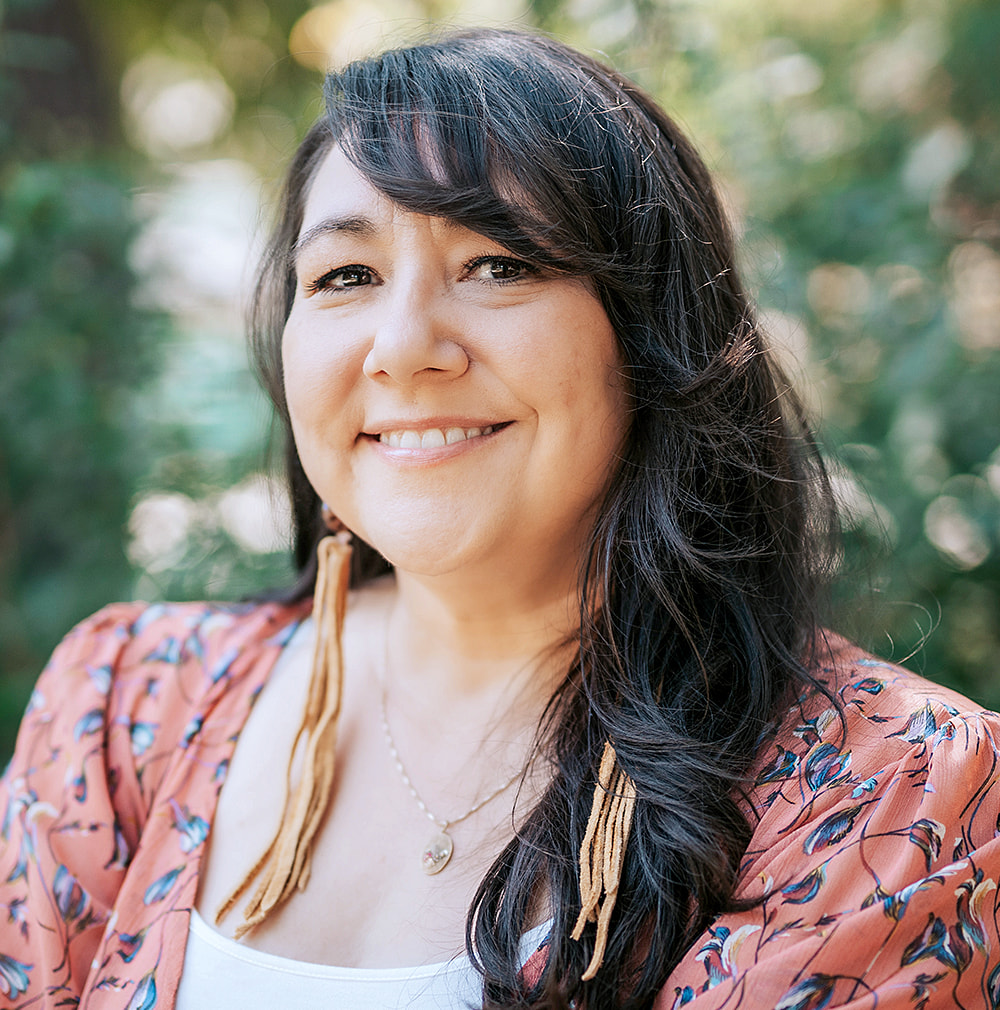Indigenous scholars and communities are exploring how a concept key to their societies can help address local and global challenges, and strengthen their collaborative research.
A new initiative, Critical Approaches to Indigenous Relationality (CAIR), is deepening understanding of Indigenous relationality — how Indigenous peoples connect with one another, their communities and the environment.
The program will build the capacity and relationships needed to conduct Indigenous research, develop new theories based on Indigenous relational practices and then share that knowledge with a broader audience, says project lead Shalene Jobin, a University of Alberta Faculty of Native Studies professor and Canada Research Chair in Indigenous Governance.
“It’s a key Indigenous concept that has been discussed too abstractly in academic circles, so it’s important to enhance how it’s understood and applied, particularly as society faces global challenges that require sustainable ways of relating to one another and to the environment,” notes Jobin.
“Under colonialism, Indigenous people were not seen as co-creators of knowledge about different aspects of life such as law, governance and the economy, and how, within Indigenous relationality, there are rights and responsibilities that occur.
“The CAIR project is turning that around, so that Indigenous academics are leading the research and responding to questions that Indigenous communities are saying are important.”
CAIR’s network of scholars, organizations and community partners are working together to apply the idea of Indigenous relationality in real-world situations and practices.
The six-year initiative is hosted by the Prairie Indigenous Relationality Network, a group formed in 2017 and made up of mostly Indigenous scholars researching the concept in the Prairies. CAIR’s work advances the network to include 24 research projects across Canada and in the southern United States.
Spanning 10 disciplines including political science, literary studies, film, nursing, techno-science and education, each project explores how Indigenous relationality can be applied in various ways. Projects range from U of A professor Tasha Hubbard partnering with the International Buffalo Relations Institute to raise awareness of the buffalo as a keystone species, to film training for Indigenous youth, to creating a Cree language family camp.
The work also strives to show how Indigenous relationality can revitalize practices disrupted by colonialism.
Jobin, for example, is working on a project led by Red Earth Cree Nation as they explore Cree practices related to renewing their governance system.
Aimed at Indigenous communities, Indigenous scholars and researchers interested in advancing Indigenous knowledge and overcoming academic and policy challenges, CAIR’s work helps “to build a more nuanced understanding of Indigenous ways of knowing and living, and to apply these insights,” says Jobin.
